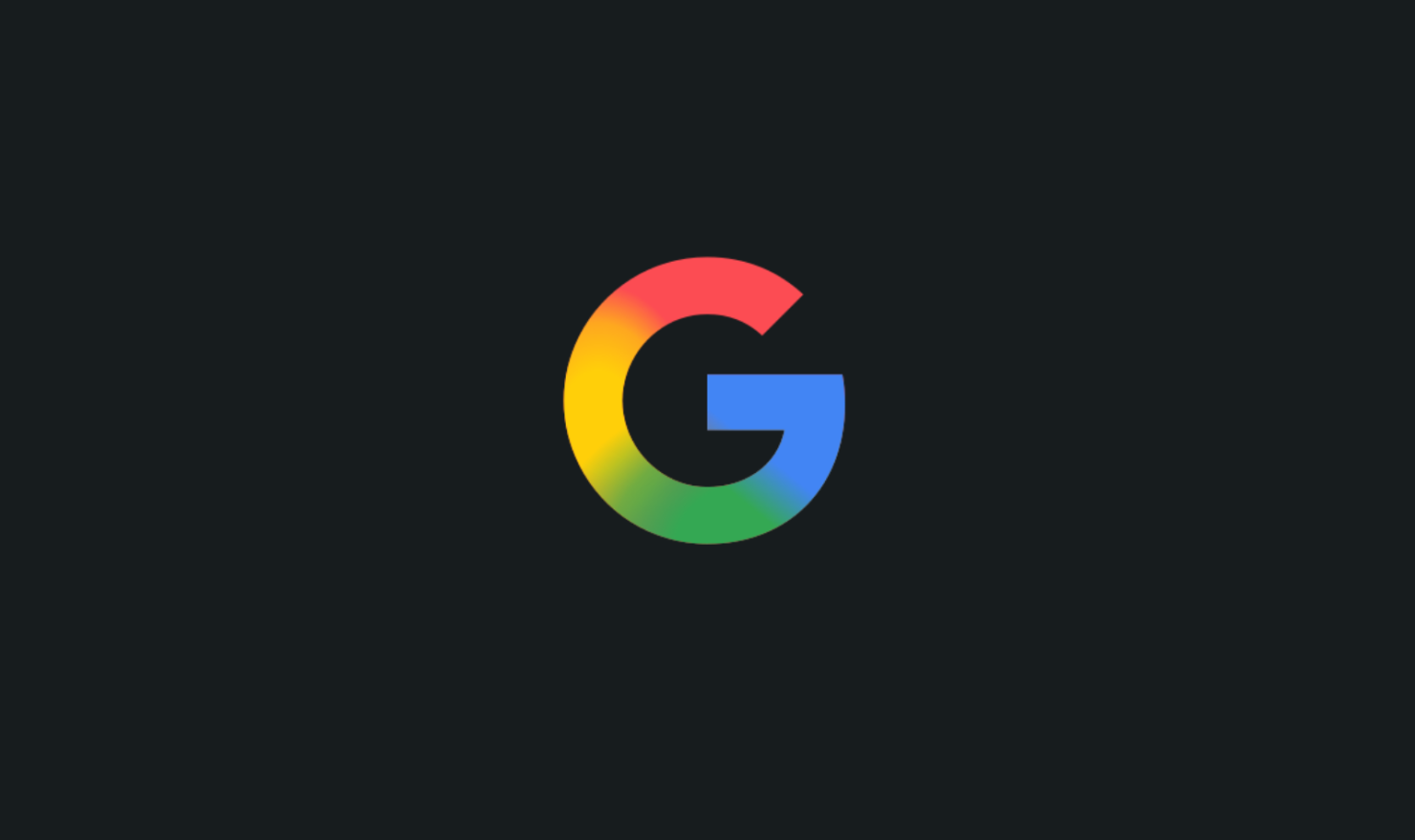How PPC Agencies Bid?

Setting the right bid is one of the most crucial aspects of your PPC strategy. Let’s look at some of the dynamics involved in bidding style used by PPC agencies.
Bidding can be set at ad group and keyword (optional) level. The bids you set depend on what you expect from that ad group. Let’s look at some of the desired outcomes and corresponding bidding strategies.
Branding: If the campaign/ad group is bidding on your own brand terms then it is generally considered important for your advert to appear at the top. Usually bidding for the top position is expensive. However when you bid on your own brand terms it is likely to be much lower than your other bids. For example, if you need to bid £2.00 for your products campaign to be on top, you’ll only be paying £0.50 for the top position for your own brand.
When setting bids for your brand terms it is important that your bids are enough to place it on the top of the page.
Products campaign: This is the campaign that drives sales / leads to your website. Attaining and maintaining a good ROI is the key here. Here are some key bidding tips for these campaigns.
Work out your CPA. Work out the maximum amount you can pay for an acquisition without incurring loss. Be extremely careful if pushing the bids beyond your max CPA as this may have adverse affects on your ROI.
Ignore first page bid estimate: I know so many people who are obsessed with the first page bid estimates. However as a PPC agency we hardly pay any heed to Google’s suggestions. It’s ok to go through this estimate to see how expensive your bids are, however it is not advisable to take this too seriously while setting your bids.
Bid setting:
Theoretically speaking there are two different bidding methods:
The first one starts with setting low bids with periodic increments until volume and profitability is achieved. You then build volume by adding more keywords. This works by setting a low bid and waiting 24 hours to see if it has incurred any impressions or clicks and raising or decreasing the bids further based on results. The bids are usually set well below first page estimates. Although this appears to be a safe strategy for PPC agencies however the turnaround time can be slow while waiting for volume.
The other popular strategy used by PPC agencies is to start off with a decently acceptable bid. It is difficult to quote a figure here because of the range of websites and competition. Usually this is somewhere between the first page bid estimate and the top page bid estimate. In some cases, if the CPA allows this may even be more than top page bid estimate (which is not risky as you don’t always pay all that you bid). This helps quickly get some volume and data on the account. If you use this strategy it is recommended to set a daily budget cap to averse risk.
Check back your account in 24 hours and make note of the campaigns and ad group’s performance. See how the bids performed. When you have some data try altering the bids (raising or decreasing) to suit your requirements. If the bids are too high (getting a lot of junk traffic and less conversion), reduce it. If it’s too little, you might want to wait or increase it.
What bidding strategy you use is based on the budget and the project requirements. Most PPC agencies use a combination of both depending on client’s requirements. Usually with old and familiar accounts or in familiar industry sectors we know from experience what bidding strategy to use. Getting to understand how your account responds to specific bids takes time and continuous analysis.
Quick Tip: Don’t change your bids too frequently. It is advisable to wait for 24 hours to see how your bids have performed before making any further changes.





